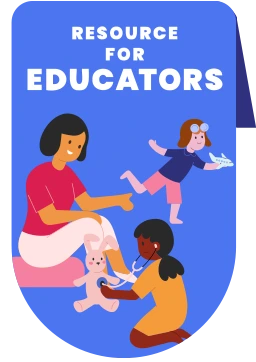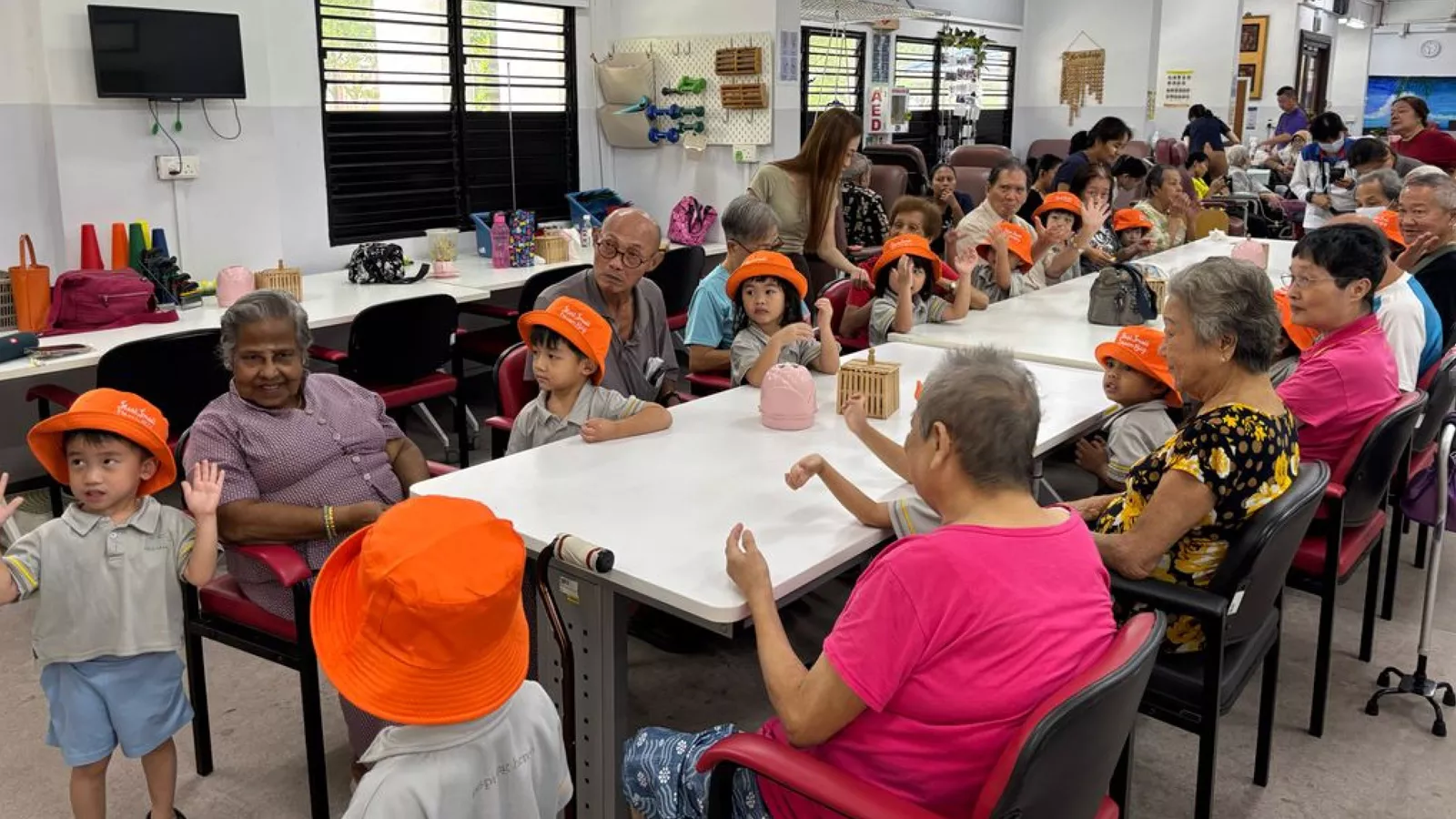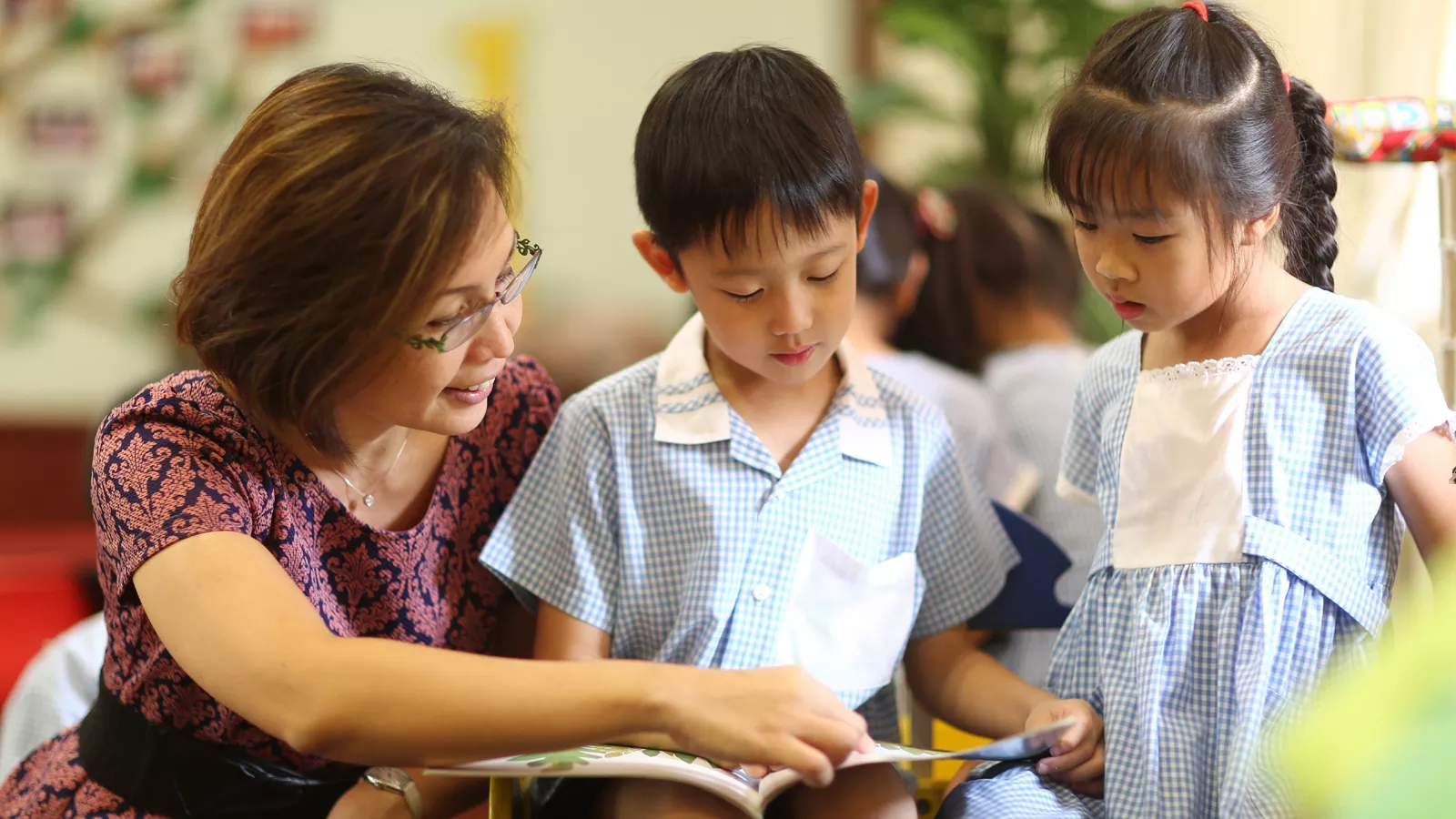Character-building activities that nurture values and social skills are a key part of children’s early years experiences. With this in mind, the ‘Start Small Dream Big’ (SSDB) movement was launched in 2015, encouraging preschoolers to take part in small but meaningful community projects.
As SSDB marked its 10th year in 2024, more than 1,500 educators, parents and community partners participated in a survey, sharing their perceptions of SSDB, good practices and suggestions for improvement. These findings will help shape strategies to sustain the movement into its next decade and beyond.
PLATFORM TO SHAPE VALUES AND BUILD CHARACTER
According to the survey, more than 55 per cent of educators have integrated service learning — including SSDB — into their preschool curriculum. The survey showed strong consensus across educators, parents and community partners that SSDB is a meaningful platform for supporting children’s holistic development, particularly their social and emotional development. Fostering empathy and compassion was identified as the most significant contributors of SSDB to children’s learning experience.

In its next phase, ECDA together with Preschool Market will continue efforts to expand the SSDB movement by onboarding more preschools. Educators can look forward to more resources to help them design service-learning experiences that strengthen children’s understanding of values and make character development a sustained part of the curriculum.
TOOL FOR EDUCATORS TO ENGAGE PARENTS
Almost 90 per cent of educators surveyed have participated in SSDB, with 63 per cent incorporating it as a platform to engage parents. Parents can take on a proactive role in their children’s service-learning journey in many ways, such as participating in fundraising activities for the less fortunate, preparing and distributing care packs to low-income families or migrant workers, and joining beach clean-ups to care for the environment.

WHAT PARENTS SAY
For parents who participated in SSDB, six in 10 said that their child’s principal or educator was the key motivator in getting them involved. Most contributed by providing resources (86 per cent).
Parents gave their thumbs up for ‘Caring for Our Community’ and ‘Caring for Our Environment’ projects. While the former was seen as most beneficial for children’s academic development (58 per cent) and social development (63 per cent), the latter stood out as most enjoyable for both parents (60 per cent) and children (62 per cent).

SSDB can also help strengthen family bonds. Parents reported that their children enjoyed participating in SSDB, with nine in 10 children wanting their parents to join them in future SSDB projects.
WHAT COMMUNITY PARTNERS SAY
Likewise, community partners echoed this positive sentiment, especially for the themes of ‘Caring for Our Environment’ (which saw strong participation) and ‘Caring for Our Family & Friends’ (which they found impactful and enjoyable). These responses underscore SSDB’s versatility in nurturing children’s values and engaging the wider community.
Nearly all community partners expressed a strong interest in continuing their involvement in the movement.








